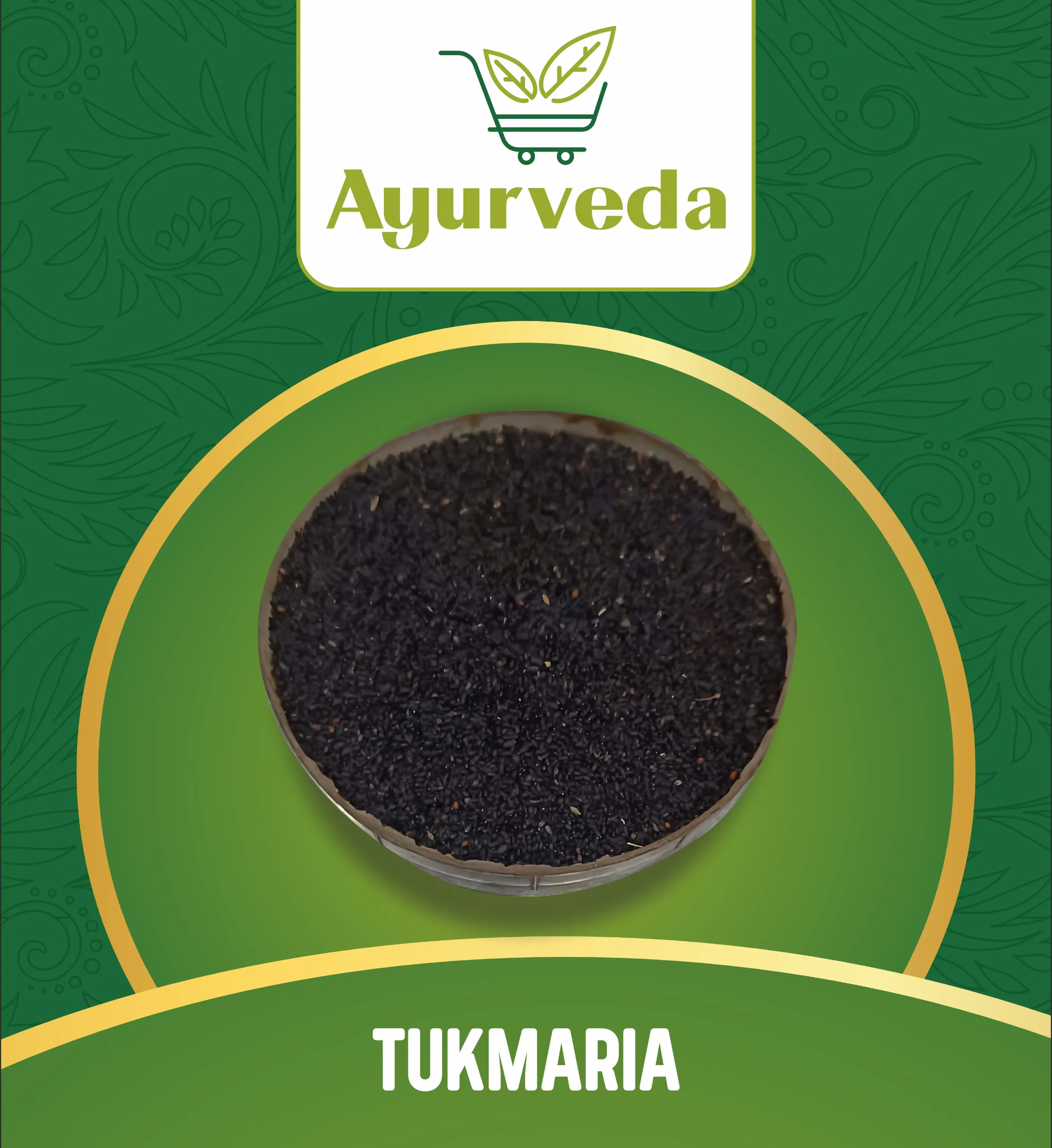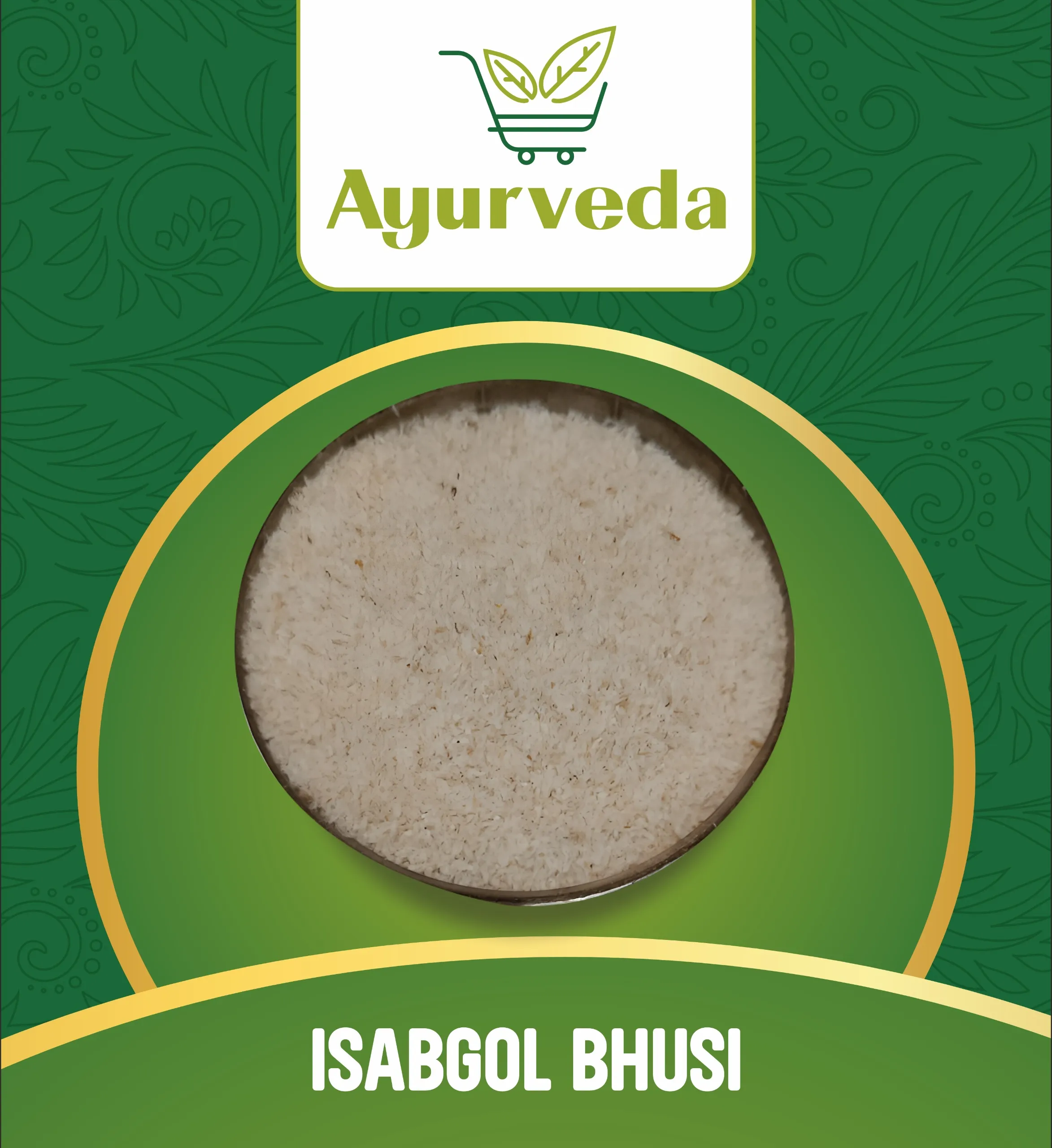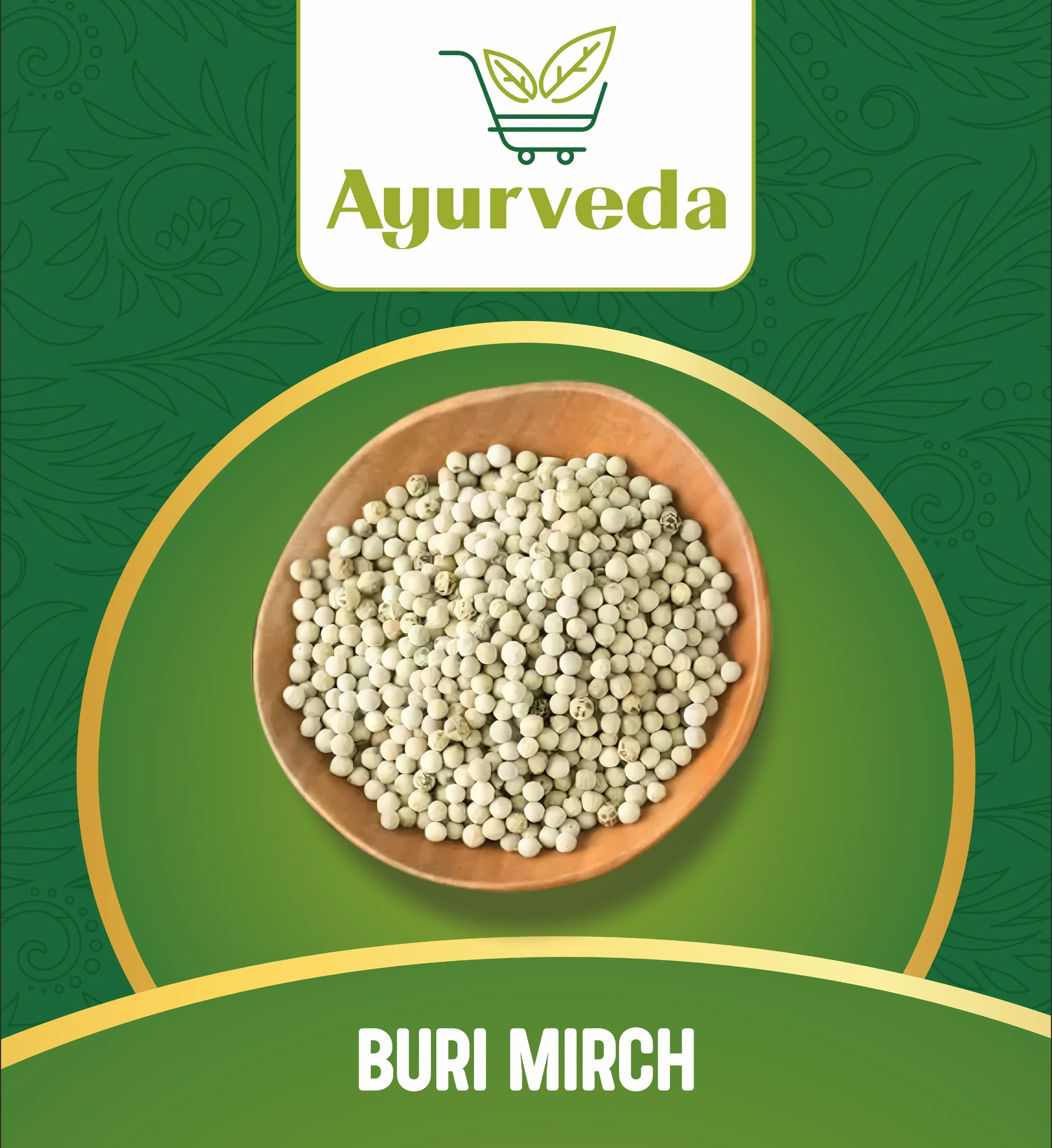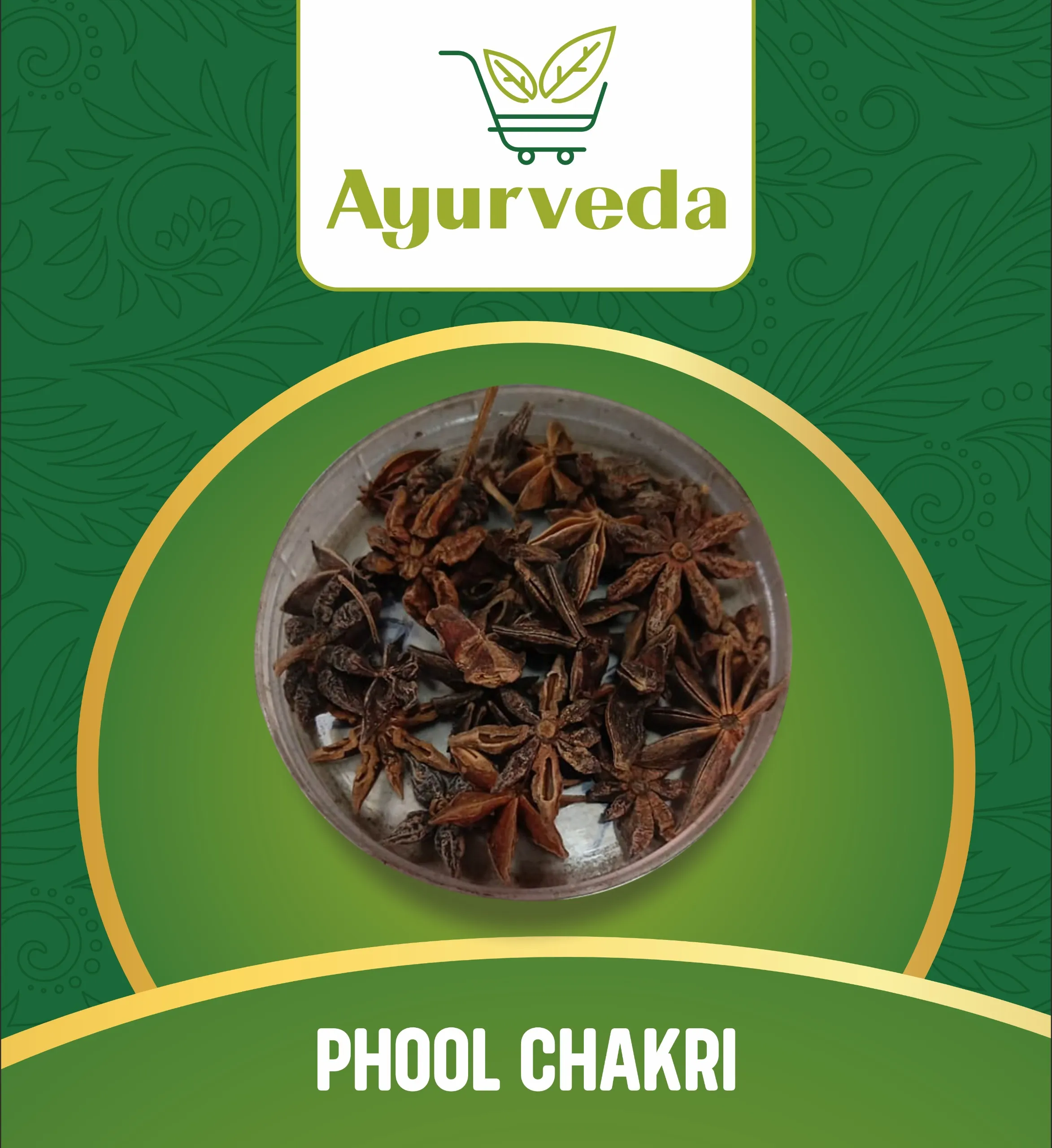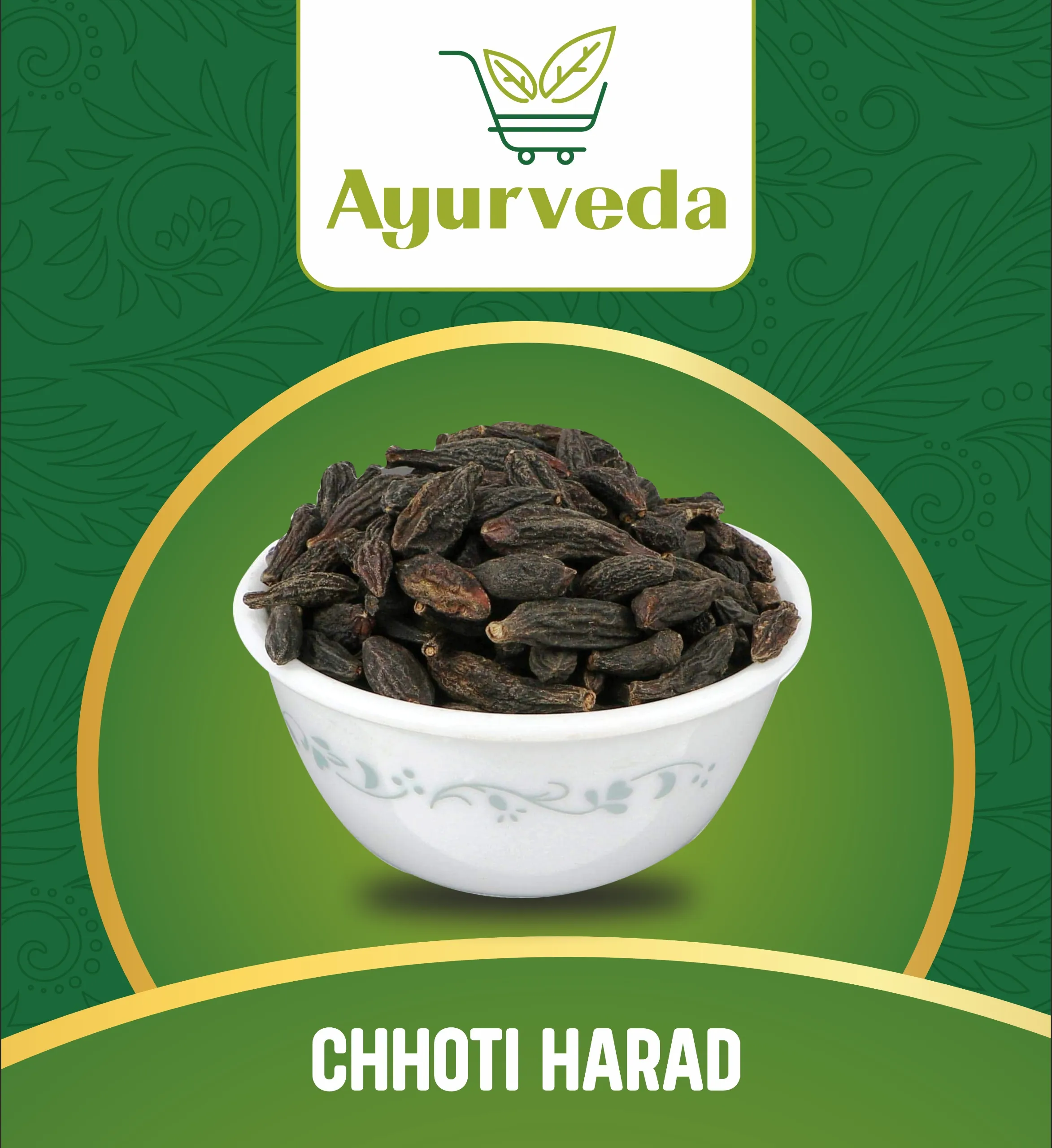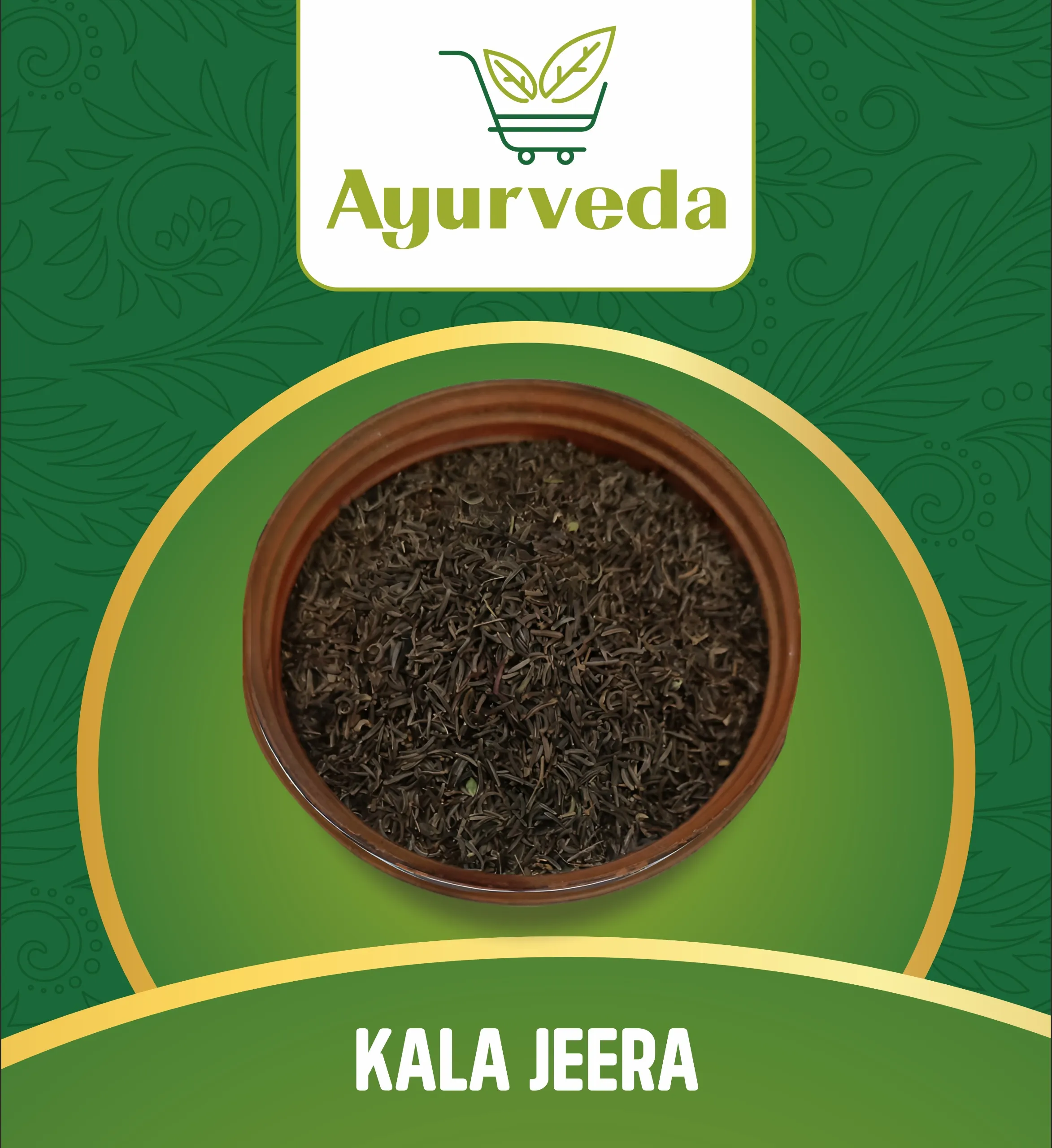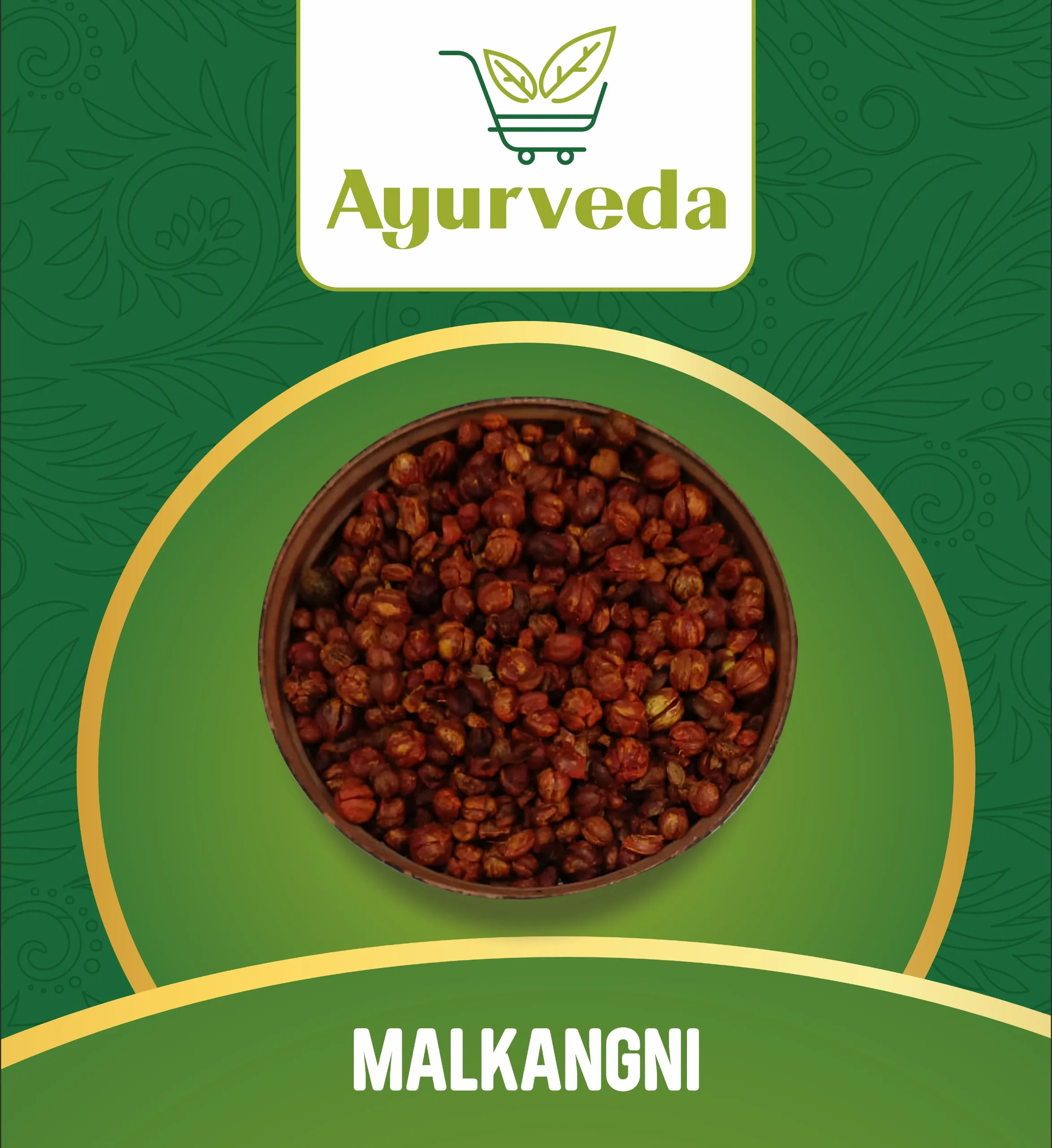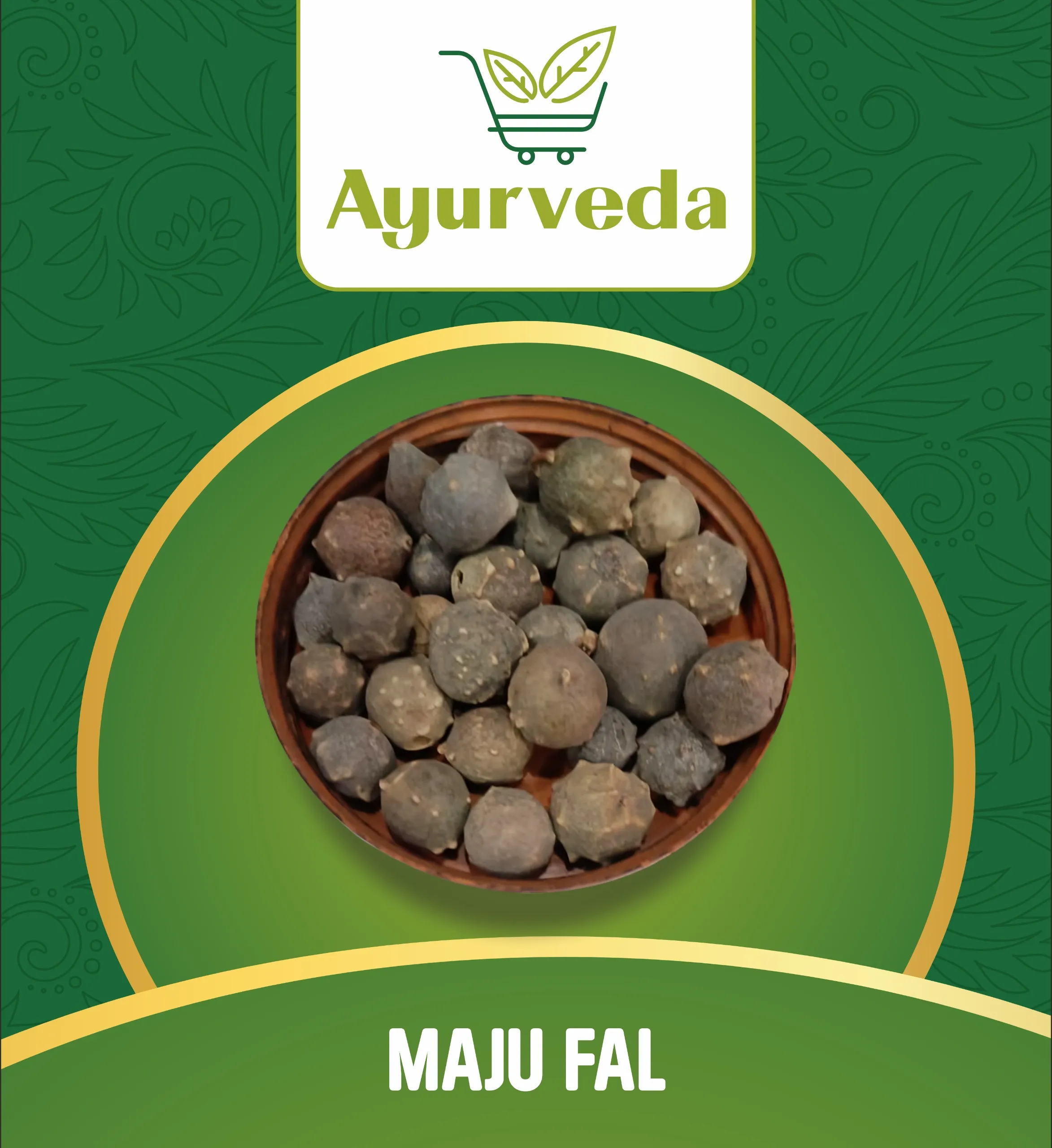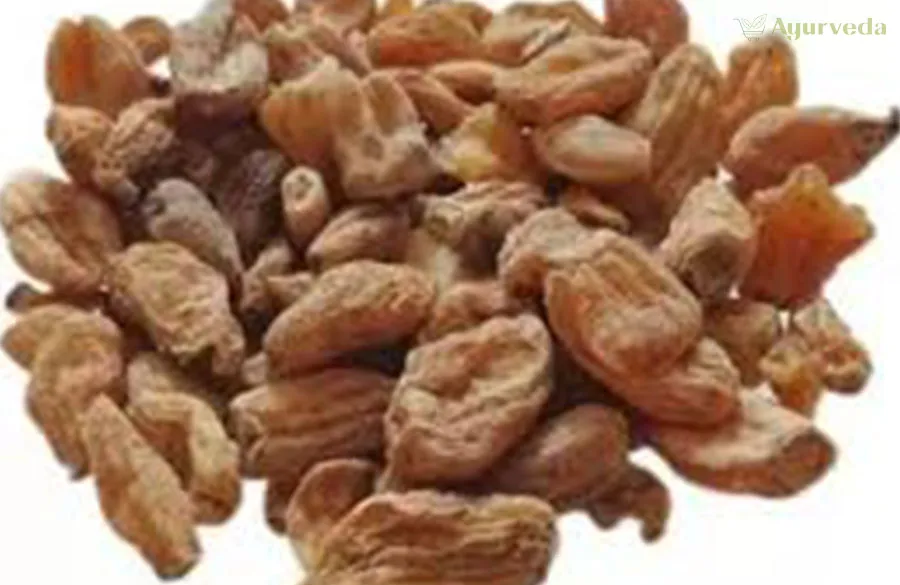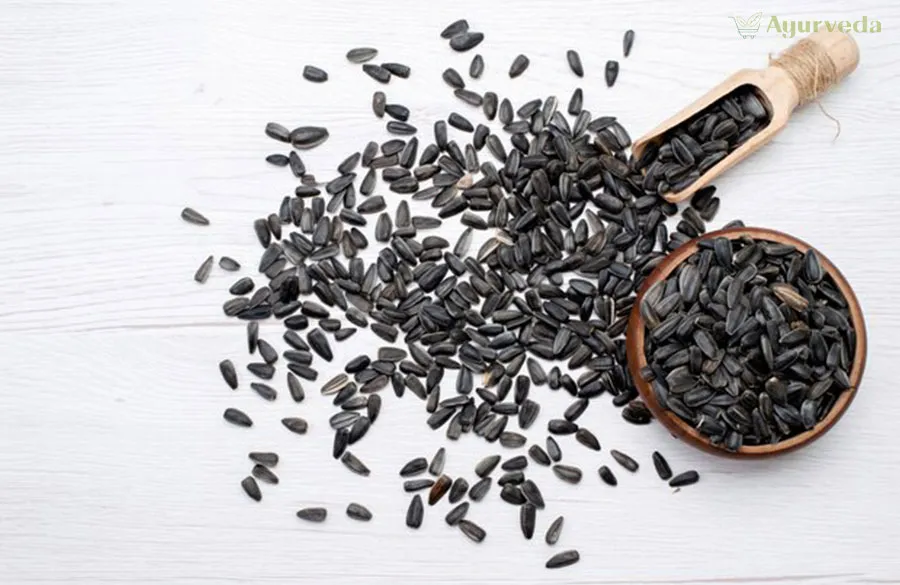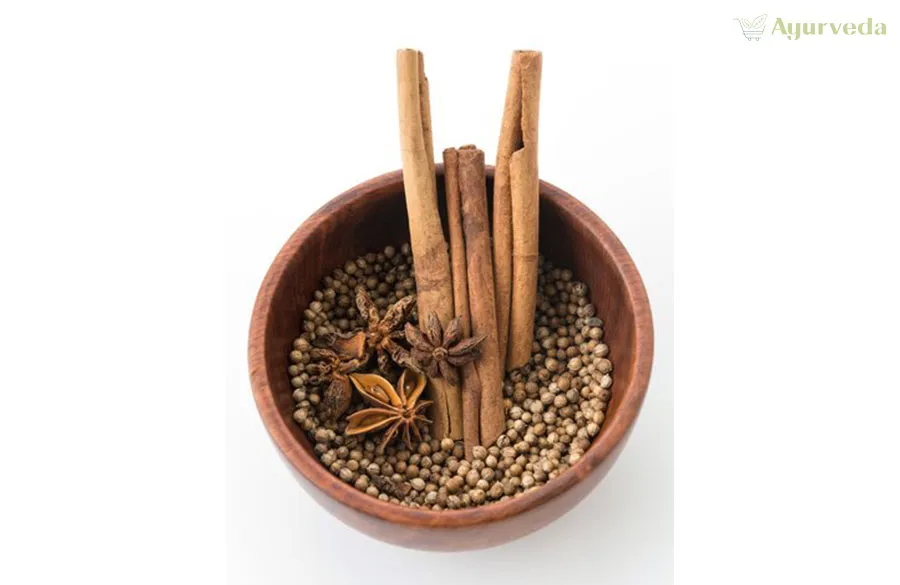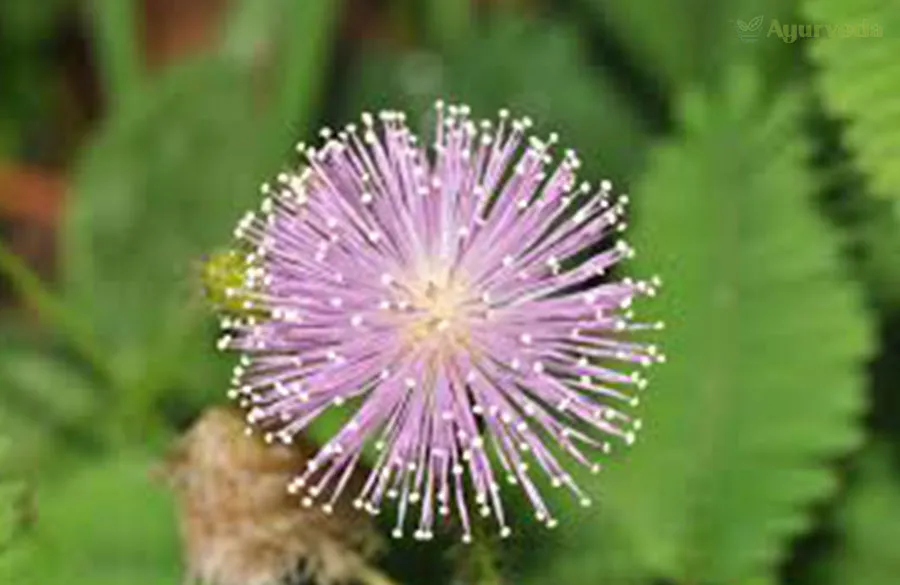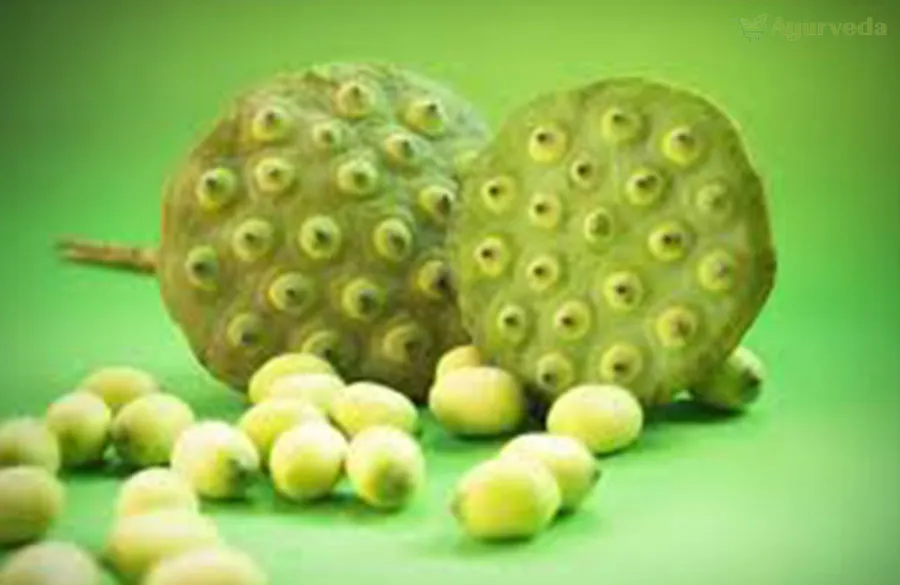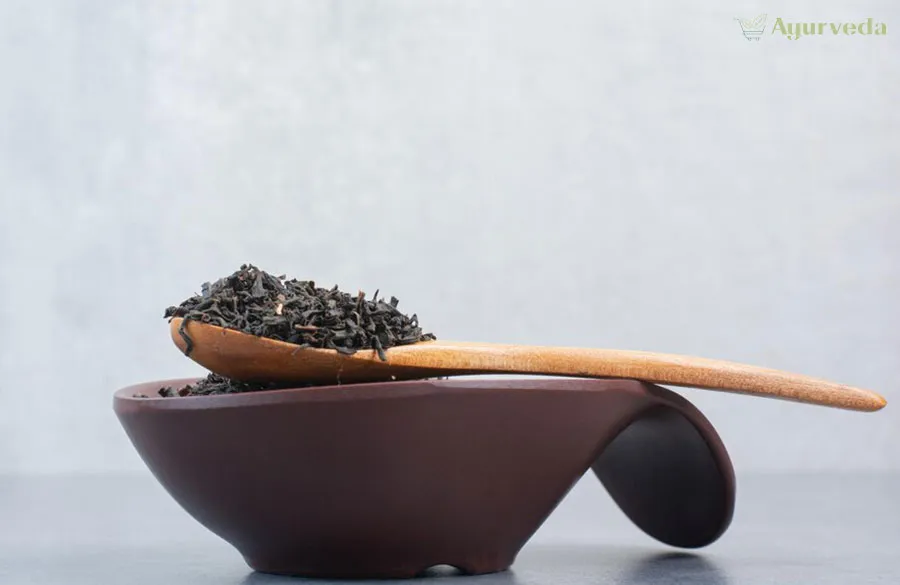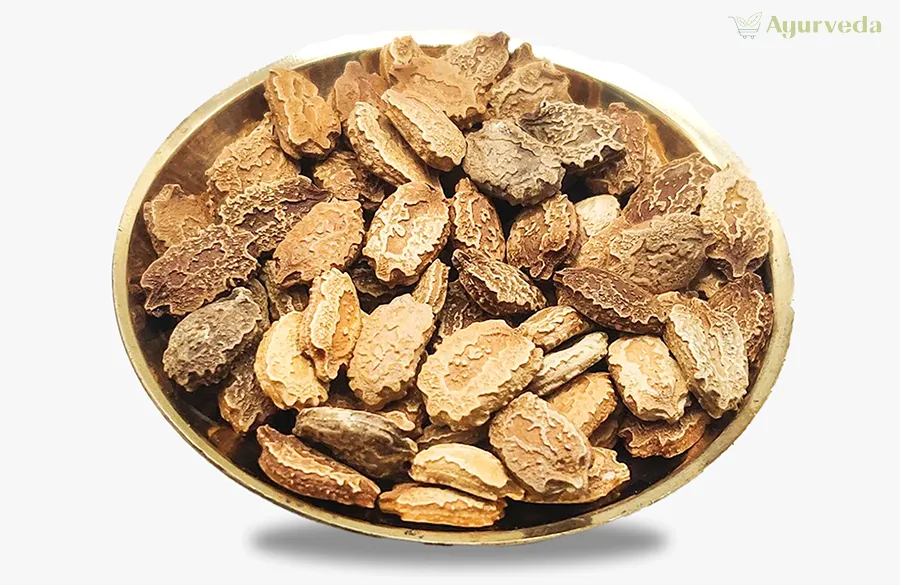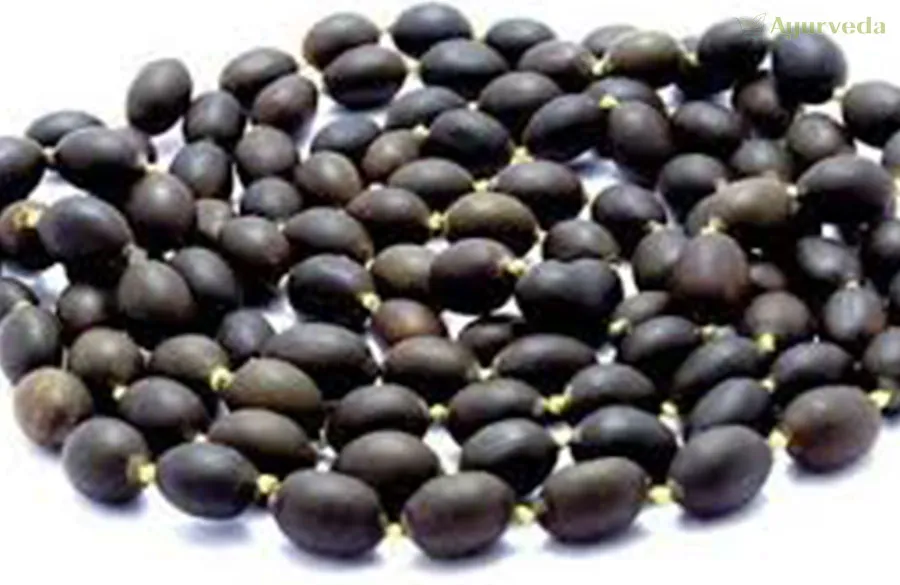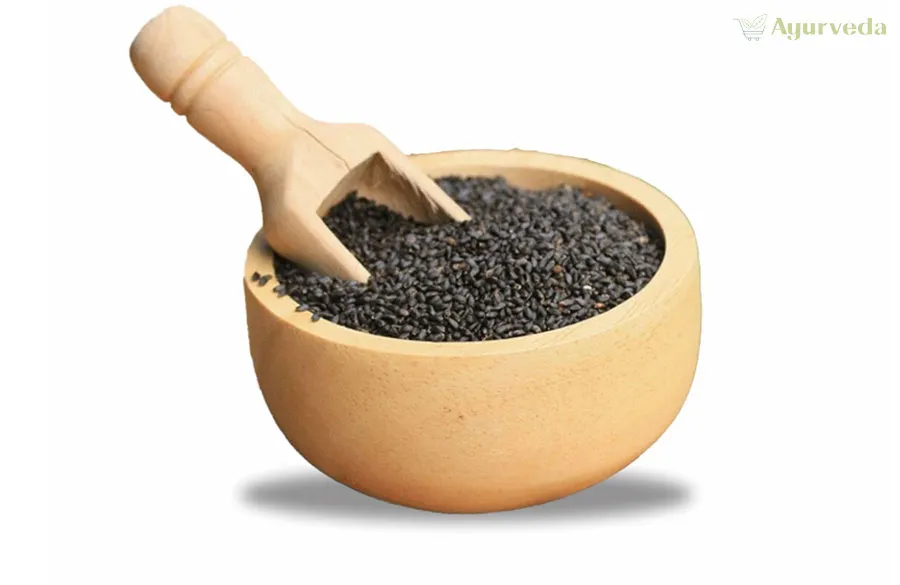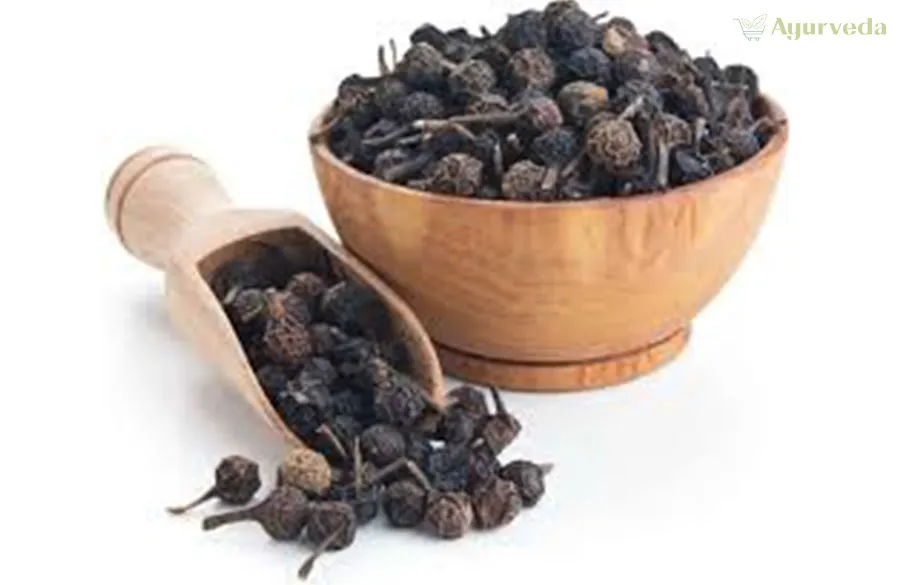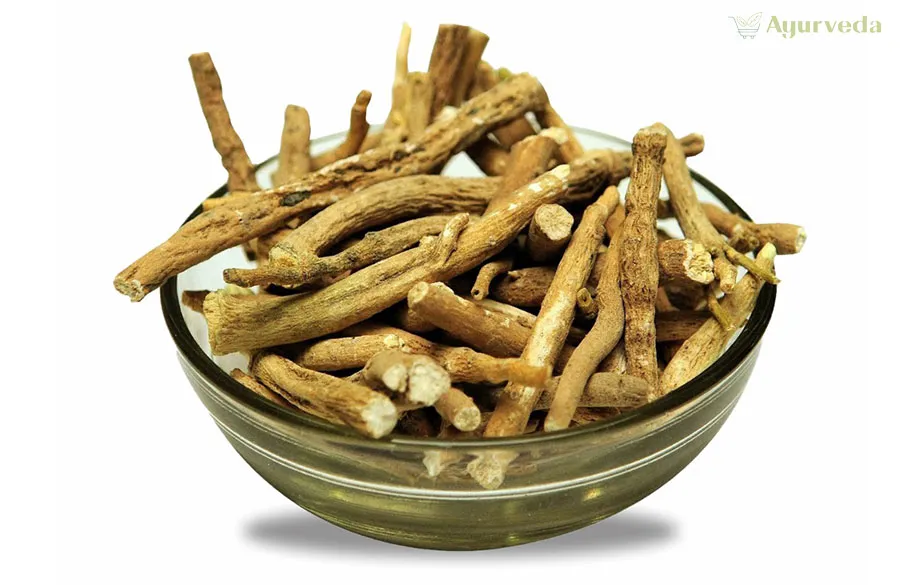
Ashwagandha: Nature's Timeless Panacea
- 27 Jan, 2024
Ashwagandha belongs to the Solanaceae family and is native to the dry regions of India, the Middle East, and parts of Africa. Its name is derived from Sanskrit, with "ashva" meaning horse and "gandha" meaning smell, alluding to the herb's unique horse-like aroma. Traditionally, it has been used to restore vitality, alleviate stress, and promote longevity.
1. Adaptogenic Marvel: One of Ashwagandha's key attributes is its classification as an adaptogen. Adaptogens are natural substances that help the body adapt to stressors, whether physical, chemical, or biological. Ashwagandha supports the body's ability to maintain balance, modulating stress responses and promoting homeostasis.
2. Stress Reduction and Mental Well-being: Modern lifestyles are often characterized by high stress levels, leading to various health issues. Ashwagandha has been studied for its potential to reduce stress and anxiety by modulating the body's stress hormones. Research suggests that it may positively influence the function of the adrenal glands, which play a crucial role in managing stress.
3. Cognitive Function and Memory: Ashwagandha has also been investigated for its impact on cognitive function and memory. Some studies suggest that it may have neuroprotective properties, promoting the growth of nerve cells and enhancing overall brain function. These effects hint at its potential in supporting cognitive health and mitigating age-related cognitive decline.
4. Immune System Support: A robust immune system is essential for overall health, and Ashwagandha has been studied for its immunomodulatory effects. It may help regulate immune responses, supporting the body's defense mechanisms against infections and diseases.
5. Balancing Hormones: In both men and women, Ashwagandha has been explored for its potential to balance hormones. For men, it may support testosterone levels, while in women, it may help regulate hormones related to stress and reproductive health.




